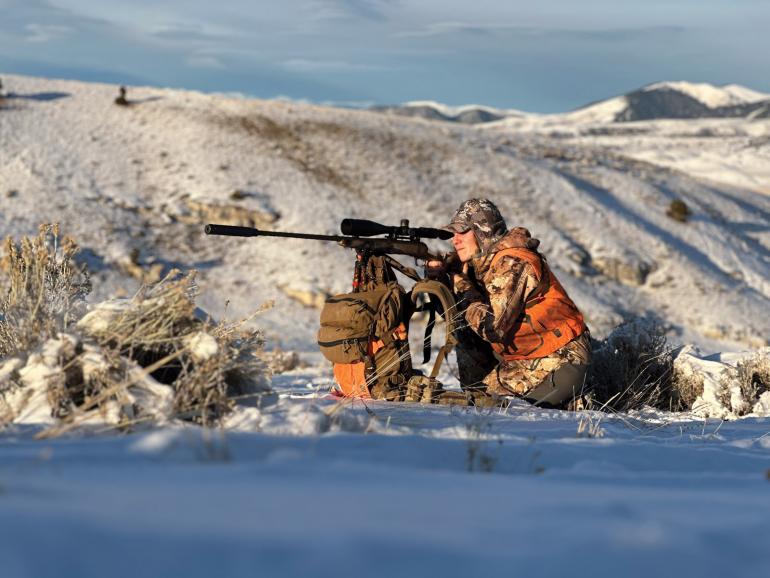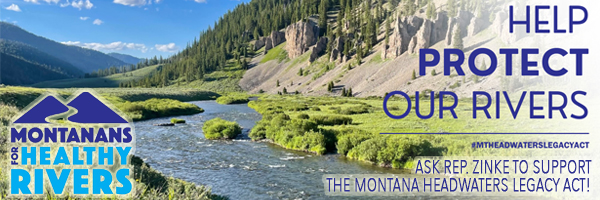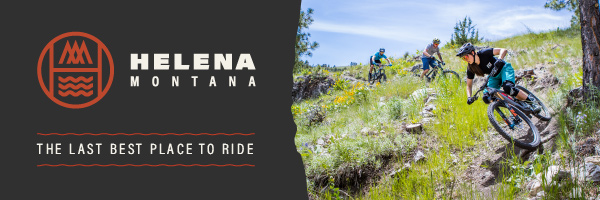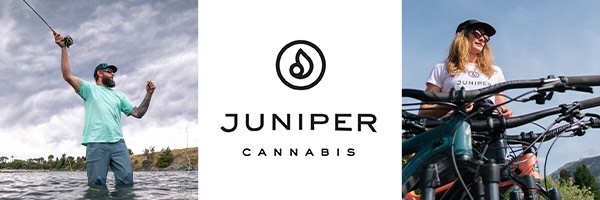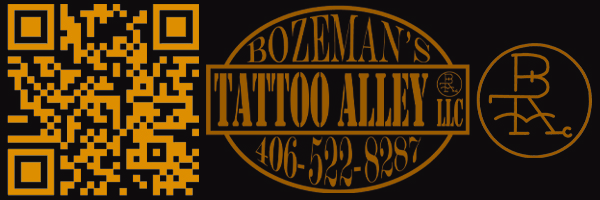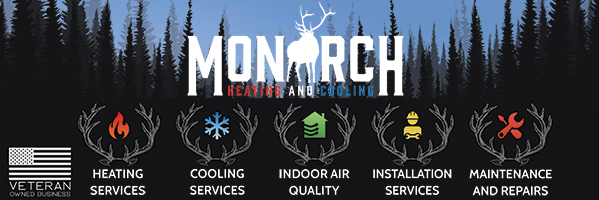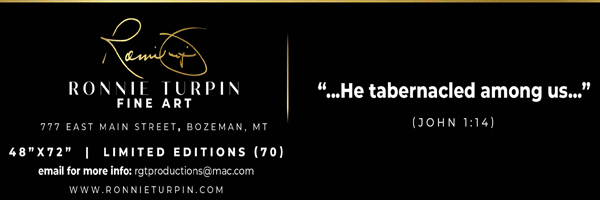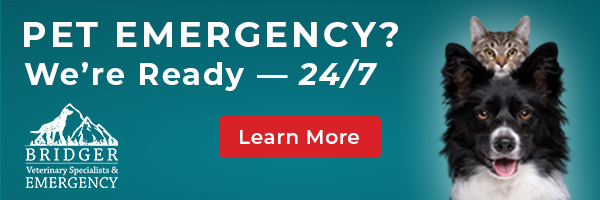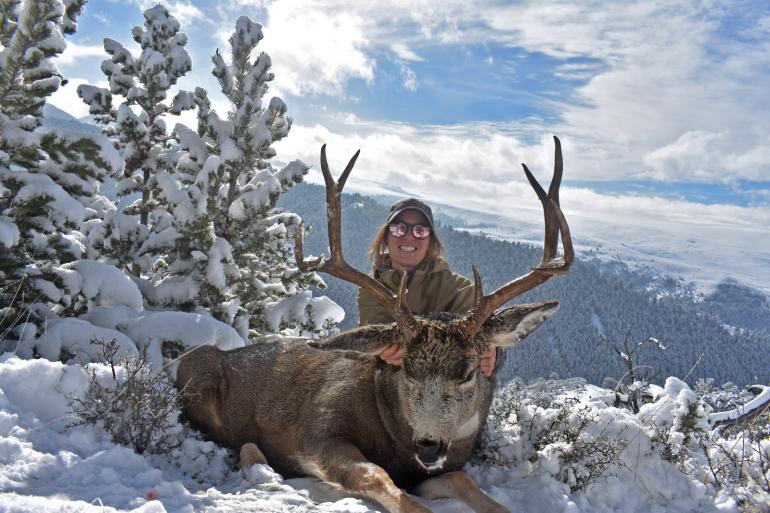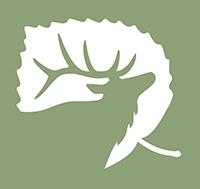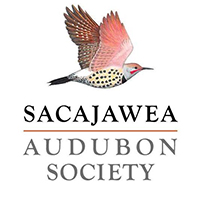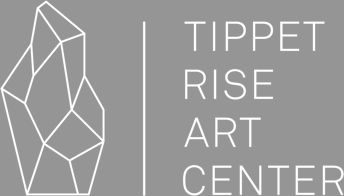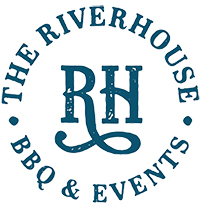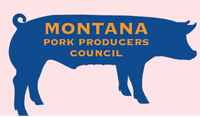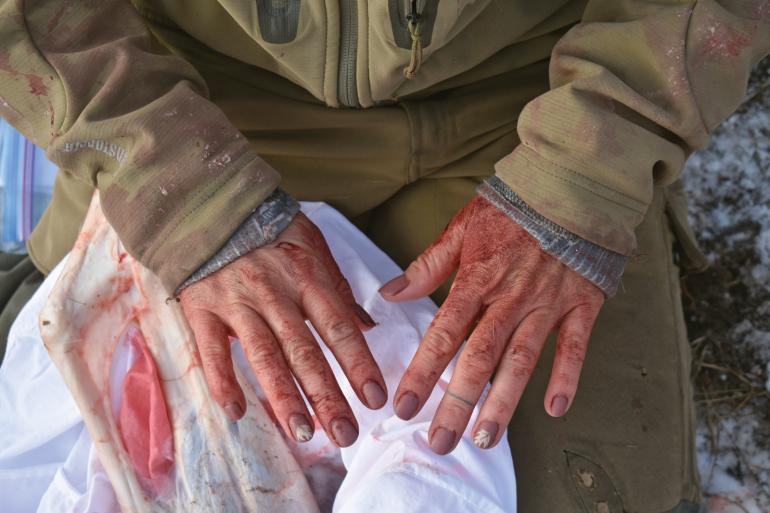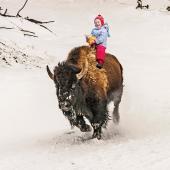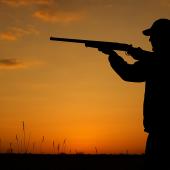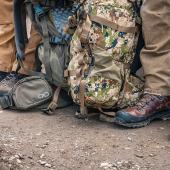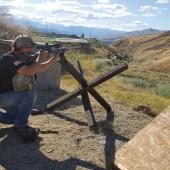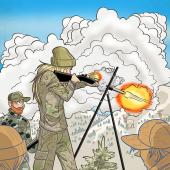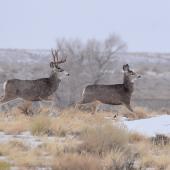First Kill
Reflections on a transformative hunt.
In your mind’s eye, imagine a hunter. What you probably see is not me. I’m a river guide, and if that doesn’t paint a clear enough picture of my appearance, then perhaps my eight-year stint as a vegetarian does. Regardless, a few years ago I found myself stuffed in camo bibs, crouch-running across a snowy hillside. I followed my hunting mentor, Mitch, trying to mirror his posture and pace, until we were 400 yards from a group of deer. My heart thudded steadily as I leveled my rifle on a mule deer buck, and then, with the grace of a toddler, I promptly dropped the rifle’s magazine in the snow and knocked my stand over.
I decided to start hunting because I care about where my food comes from. So much of our society is about ease, food included, and I was overwhelmed by the often-ignored realities of factory farming and monocrops. I started gardening and salmon fishing, and ultimately decided that the most ethical way for me to eat meat was to go and get it myself.
The first season, I carried a rifle around in the snow for two days, packing pounds of snacks and jackets and never even seeing the tail of an animal.
I took the undertaking seriously, which is to say that I was terrified of shooting an animal and not knowing how to field-dress it. So I did what any rational outdoors person would do: I asked my friends. After tagging along a few times as an observer, I asked Mitch to take me out for my own hunt. The first season, I carried a rifle around in the snow for two days, packing pounds of snacks and jackets and never even seeing the tail of an animal. It was an important step nonetheless, as in those two days I settled my mind, becoming ready to kill.
The following year, I packed less food, just as many jackets, and a casual idea of what to expect. Mitch and I met early one November morning, discussing my expectations as we drove through a juniper-studded valley. Although I was hunting primarily for food, I wanted my first kill to be a mature buck. I was not looking for a trophy, but felt more comfortable harvesting an older animal, who, in my mind, had lived out his good years.
These thoughts fled as we post-holed through the snow for the next two hours. The heavy rifle pushed awkwardly on my neck as I struggled to look around. I was frozen and completely miserable, but didn’t want Mitch to think I was unappreciative of his time and effort. When we finally stopped on a ridgetop to glass, I plopped down gratefully in the snow and began rummaging loudly for snacks. I’d yet to see an animal while hunting, and was beginning to have a blissful certainty that large ungulates had, in fact, ceased to exist.
We stalked within range, crouching in the trees. Mitch excitedly streamed a whisper-waterfall of instructions at me, until I finally whisper-shouted back at him: “Hey! I need you to relax!”
Mitch finally asked if I was ready to go home and have a cup of coffee, and I cheerfully followed him back down the ridge, not even bothering to look around, until I practically bumped into him when he stopped suddenly. There they were—a group of deer, including a thick-necked, older buck.
We stalked within range, crouching in the trees. Mitch excitedly streamed a whisper-waterfall of instructions at me, until I finally whisper-shouted back at him: “Hey! I need you to relax!” He lowered his binos and stared at me blankly before helping me with my stand and magazine. I finally settled the rifle and peered through my scope, and although I knew I might lose the chance, I took the time to be certain the buck was the right animal. In the next breath he was gone, up over the hill with the rest of the deer.
We followed the deer over the hillside, and when the buck stepped out from behind a tree, Mitch whooped at him. He turned back to look, and I took the shot.
It took me three hours to gut, skin, and quarter my first kill. Mitch coached me patiently, and somehow, slowly, I peeled the animal into game-bag sized pieces. My hands were numb by the end, and I finally asked for Mitch’s help with the final cut—the tenderloins—as the sun glowed sleepily on the hillside.
There was no ceremony after my first kill. I’d find it in later years—a shot of blackberry brandy for my first elk, prayers, and thanks whispered for the bounty. I spent the rest of that first season looking for an elk I never found, continuing to learn the skills it takes to be a hunter. I’m still learning them, still consider myself a beginner. I’ve been incredibly fortunate with the mentors I’ve sought out, hunters willing and excited to share their knowledge.
Hunting has a strange poetry to it. You spend days on the mountain, watching sunrises and sunsets, shivering, laughing, sometimes crying. Nature is impassive to our wants in a society that strives to please every one of our needs. But in the mountains, I find it settling that animals die in the open country they know best, and that I know the country too, having followed them into it. Sometimes, you find an animal on the first day, and sometimes, you never find him. All I can say for certain is you’ll find me out there, looking more and more like a hunter every year.

